In an op-ed for the Star-Ledger, Richard Marlink discusses the need to address cancer care and prevention disparities in sub-Saharan Africa, where aging HIV-positive populations face an increased risk of certain cancers.


In an op-ed for the Star-Ledger, Richard Marlink discusses the need to address cancer care and prevention disparities in sub-Saharan Africa, where aging HIV-positive populations face an increased risk of certain cancers.
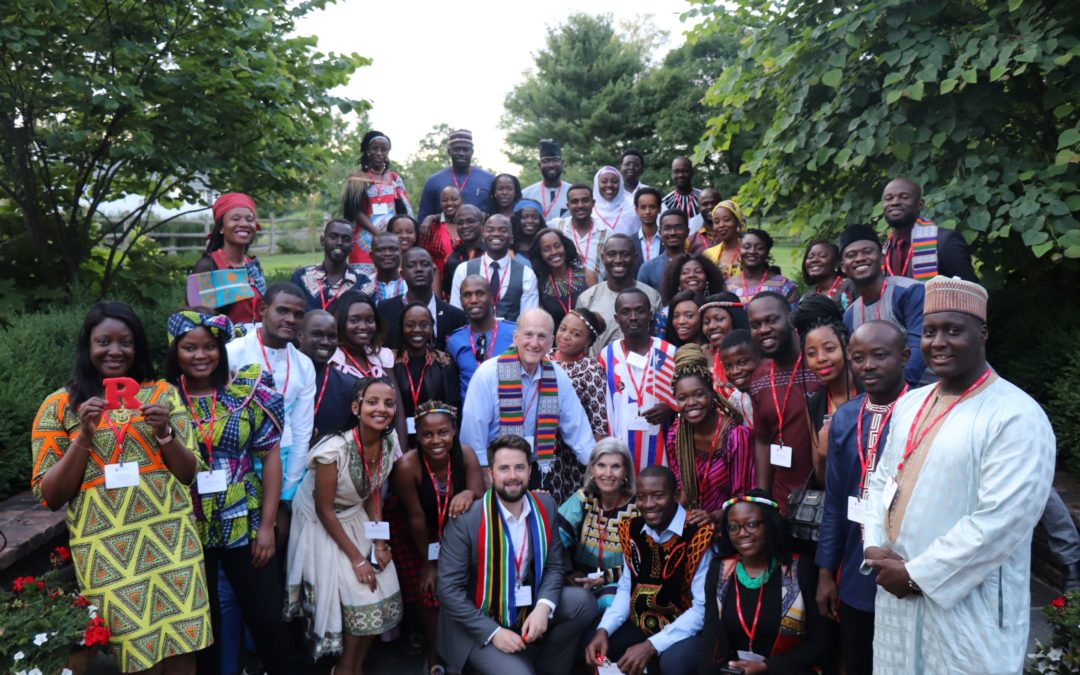
During a seminar with the Rutgers cohort of 25 young African leaders, institute director Richard Marlink led a discussion about mobilizing three essential strategies to end the epidemic: follow the science, treat the whole person, and expand the health care workforce.
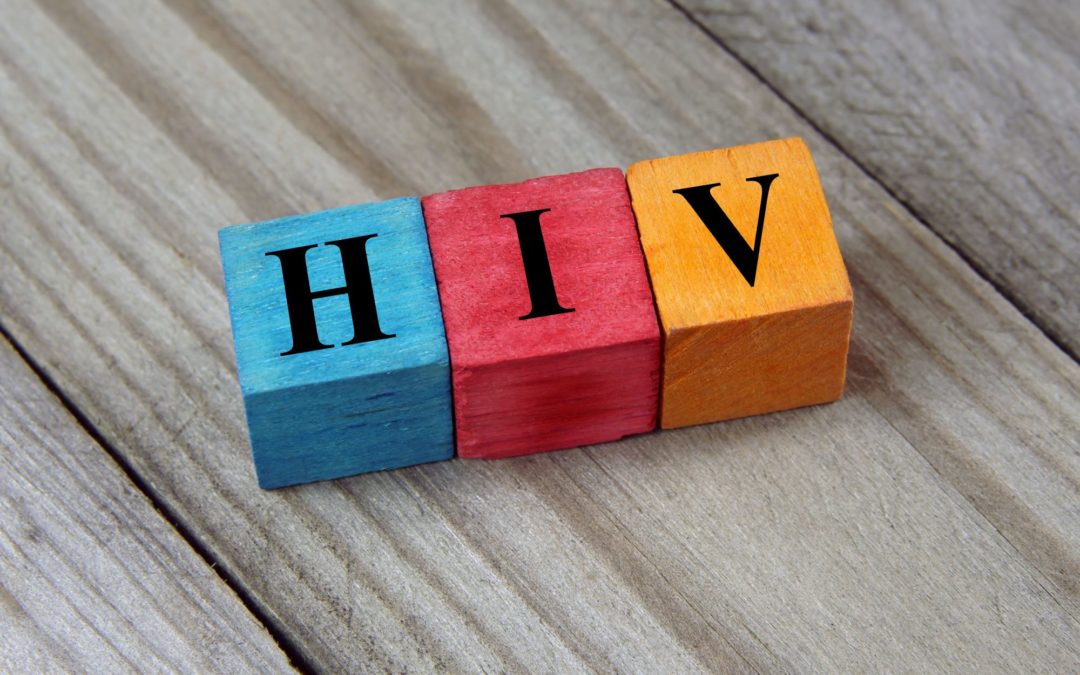
Programs to prevent HIV in transgender women are helping to lower the rate of new infection, but better care and treatment of this vulnerable population are still needed, especially among those with lower income or people of color, according to a study led by core faculty member Henry Raymond, an associate professor at the School of Public Health.
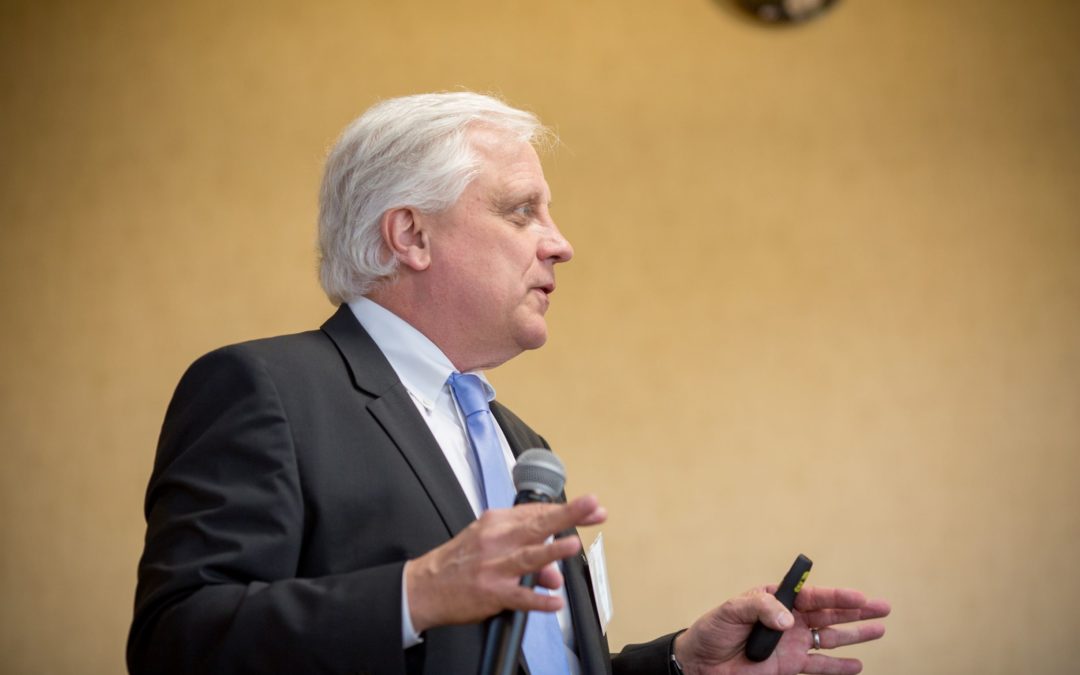
Healio.com’s Infectious Disease News spoke with institute director Richard Marlink, MD, who treated some of the first HIV/AIDS patients at St. Vincent’s Hospital in New York and helped establish the first HIV/AIDS clinic in Boston. In this interview marking the 30th anniversary of World AIDS Day, Marlink discusses the likelihood of a cure and vaccine, federal funding, testing among high-risk populations, PrEP, stigma, and medical treatment.
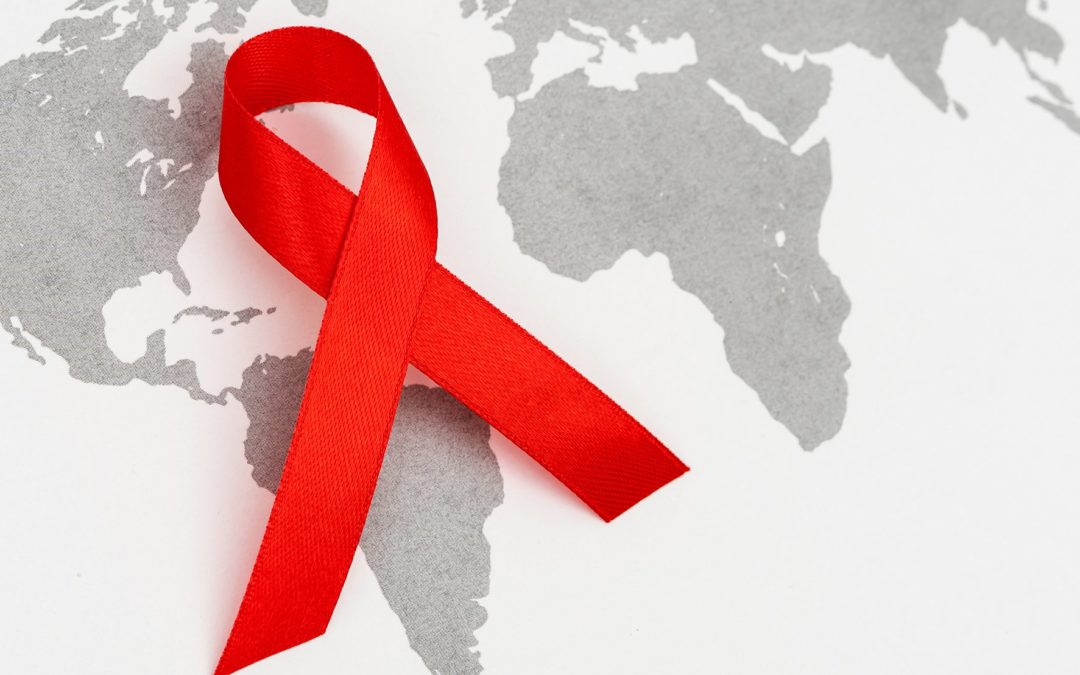
Thomas Sokolowski, director of Rutgers’ Zimmerli Art Museum, reflects on his work during the 1980s as a pioneer in activism through art. Challenging the world to fight the deadly epidemic that was just becoming known as AIDS, he and a small group of friends founded Visual AIDS, organized the first Day Without Art, and made the red ribbon an icon of awareness.
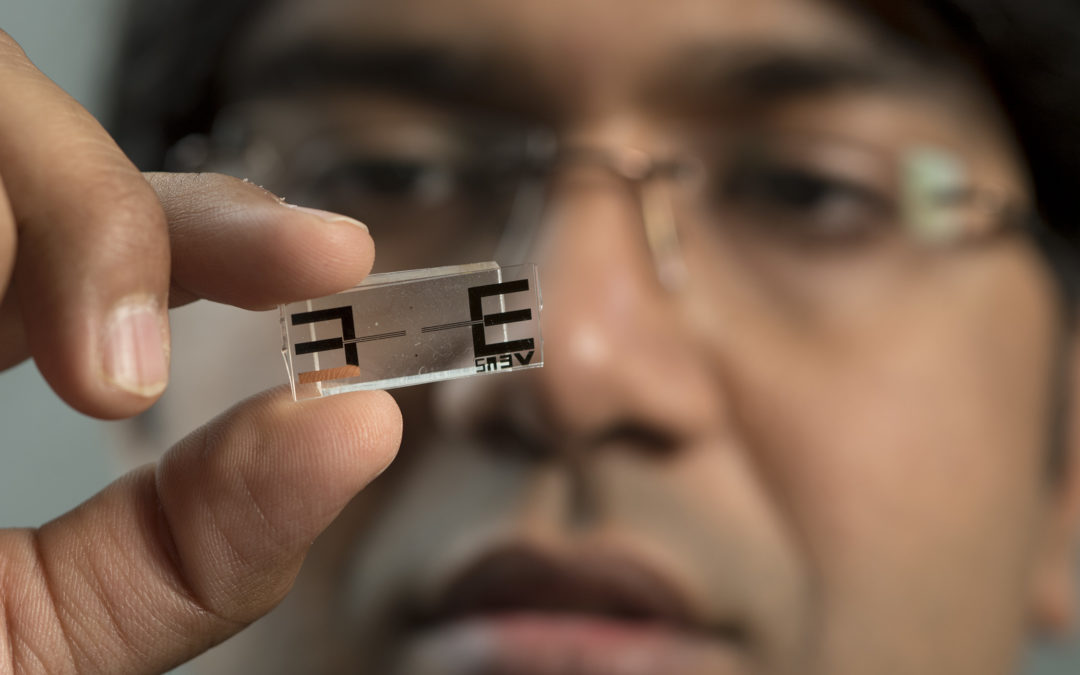
Assistant professor Umer Hassan, who grew up in Pakistan, remembers being fascinated by the handheld tricorder used to diagnose medical conditions on Star Trek. Now, he is working to recreate some of that technology in real life. As an engineer and a global health researcher, Hassan is developing biosensors that can quickly and inexpensively detect infections in people living with HIV/AIDS in underdeveloped countries.

In this episode of Rutgers Around the World, a podcast produced by Rutgers Global, institute director Richard Marlink shines a light on the field of global health by reflecting on his own career path and his work in fighting HIV/AIDS in the United States and abroad.
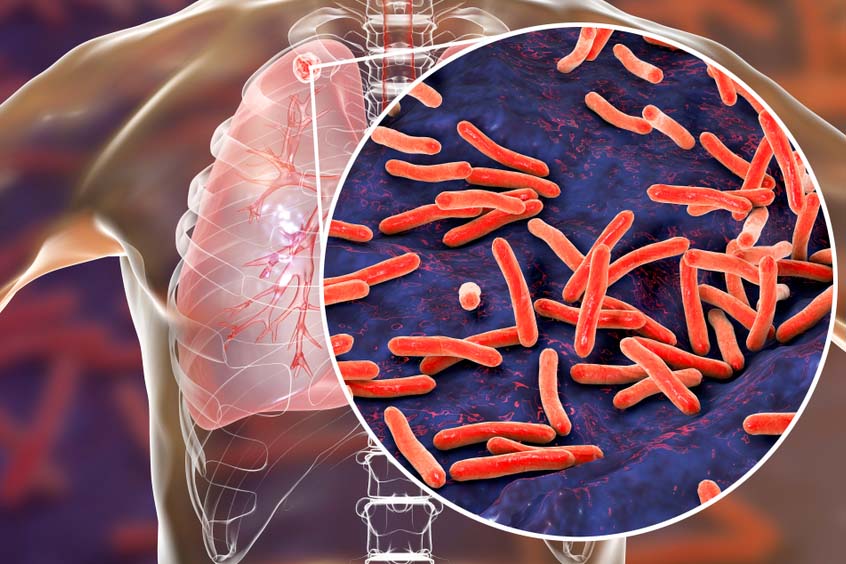
An international team that includes Rutgers scientists has made significant progress in developing a urine diagnostic test that can quickly, easily and inexpensively identify tuberculosis infection in people also infected with HIV. The findings were announced at the September 26, 2018, United Nations meeting on TB.
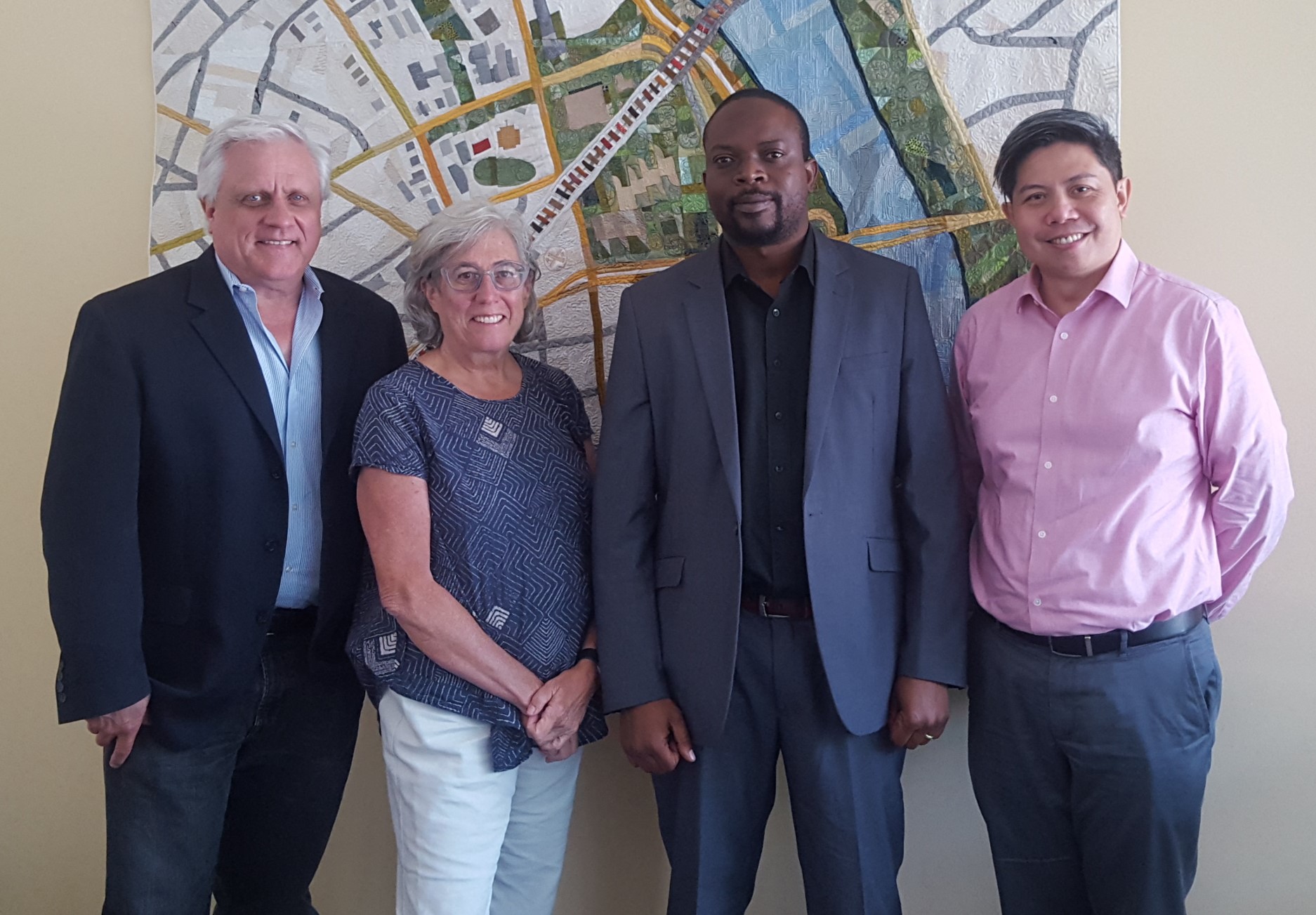
As part of an ongoing partnership with University of Dodoma (UD) in Tanzania, Rutgers welcomed global health leader Stephen Kibusi, RNM, MA, PhD. Kibusi is the dean of UD’s School of Nursing and Public Health and a scholar who has conducted population-based research using epidemiological approaches in evaluating public health policies.